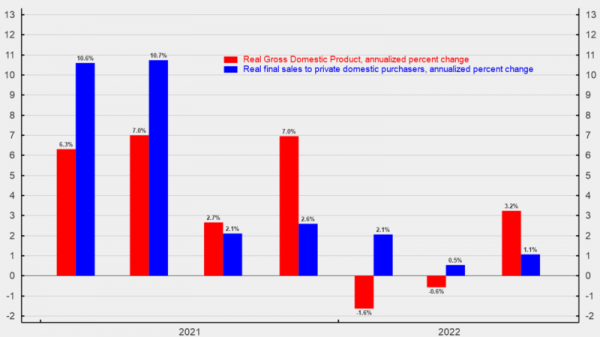
South Korean investors are left waiting for spot cryptocurrency ETFs to become a reality despite the US Securities and Exchange Commission’s (SEC) recent approval of funds linked to the price of Ethereum.
On May 23, the US SEC granted approval for eight spot ether ETFs, potentially opening the door for their trading later this year.
The decision followed the SEC’s groundbreaking approval of spot Bitcoin ETFs four months earlier.
In contrast, South Korea, known for its high demand for cryptocurrencies, still has a long way to go before spot crypto ETFs become accessible to local investors.
South Korea Sees Heightened Demand in Crypto
In the first quarter of this year alone, the Korean won emerged as the most widely used currency globally for trading crypto on centralized exchanges, boasting a cumulative trade volume of $456 billion, surpassing the US dollar volume of $445 billion.
However, the local authorities remain cautious about the crypto market.
When Bitcoin-based ETFs were listed in the US earlier this year, the Financial Services Commission (FSC), South Korea’s local regulator, expressed concerns that brokering spot crypto ETFs could contradict the government’s stance.
The Capital Market Act in South Korea does not currently specify virtual assets as underlying assets for securities.
While industry experts believe that spot crypto ETFs could be introduced in South Korea if the FSC widens the definition of underlying assets, they argue that a revision of the existing law is necessary.
A key point of contention lies in clarifying the role of custody.
Unlike futures-based crypto ETFs, fund issuers of spot ETFs must hold custody of the cryptocurrencies through contracts with exchanges or other service providers.
Kim Kab-lae, a senior research fellow at the Korea Capital Market Institute and head of the Financial Law Research Center, warns that without a law revision, allowing the trading of spot crypto ETFs could lead to legal disputes and chaos.
“The National Assembly should speed up the law revision in partnership with the financial regulators, paving the way for Korean financial investment businesses to launch competitive products on a global scale. Otherwise, Korea will miss out on such opportunities.”
Political Parties in South Korea Vow to Support Crypto
In a bid to appeal to the crypto-enthusiastic public and secure votes, both major political parties in South Korea have expressed their intentions to adopt crypto-friendly policies.
The ruling People Power Party has pledged to prioritize the establishment of a regulatory framework for virtual assets, while the opposition Democratic Party of Korea aims to enable local financial institutions to offer spot crypto ETFs.
South Korea’s Democratic Party is expected to approve a Bitcoin ETF.
Aiming to make them accessible locally. pic.twitter.com/wD3vqdZ6ku
— Kashif Raza (@simplykashif) May 7, 2024
Despite the firm stance against spot crypto ETFs, local authorities are closely monitoring the rapidly growing crypto market.
The FSC reportedly plans to establish a dedicated division to oversee virtual assets, separate from the existing Financial Innovation Bureau, which currently handles various digital finance matters.
The new division will focus on virtual asset policies aligned with the upcoming Act on the Protection of Virtual Asset Users, set to be enacted in July.
While competition in the global crypto ETF market intensifies, with countries like Canada, Germany, and Brazil already incorporating spot bitcoin ETFs, Hong Kong became the first Asian country to debut spot cryptocurrency ETFs in April.
Australia’s leading exchange in the Asia-Pacific region is also expected to approve such funds this year.
The post Spot Crypto ETFs Still Distant for South Korea Despite High Demand appeared first on Cryptonews.

























